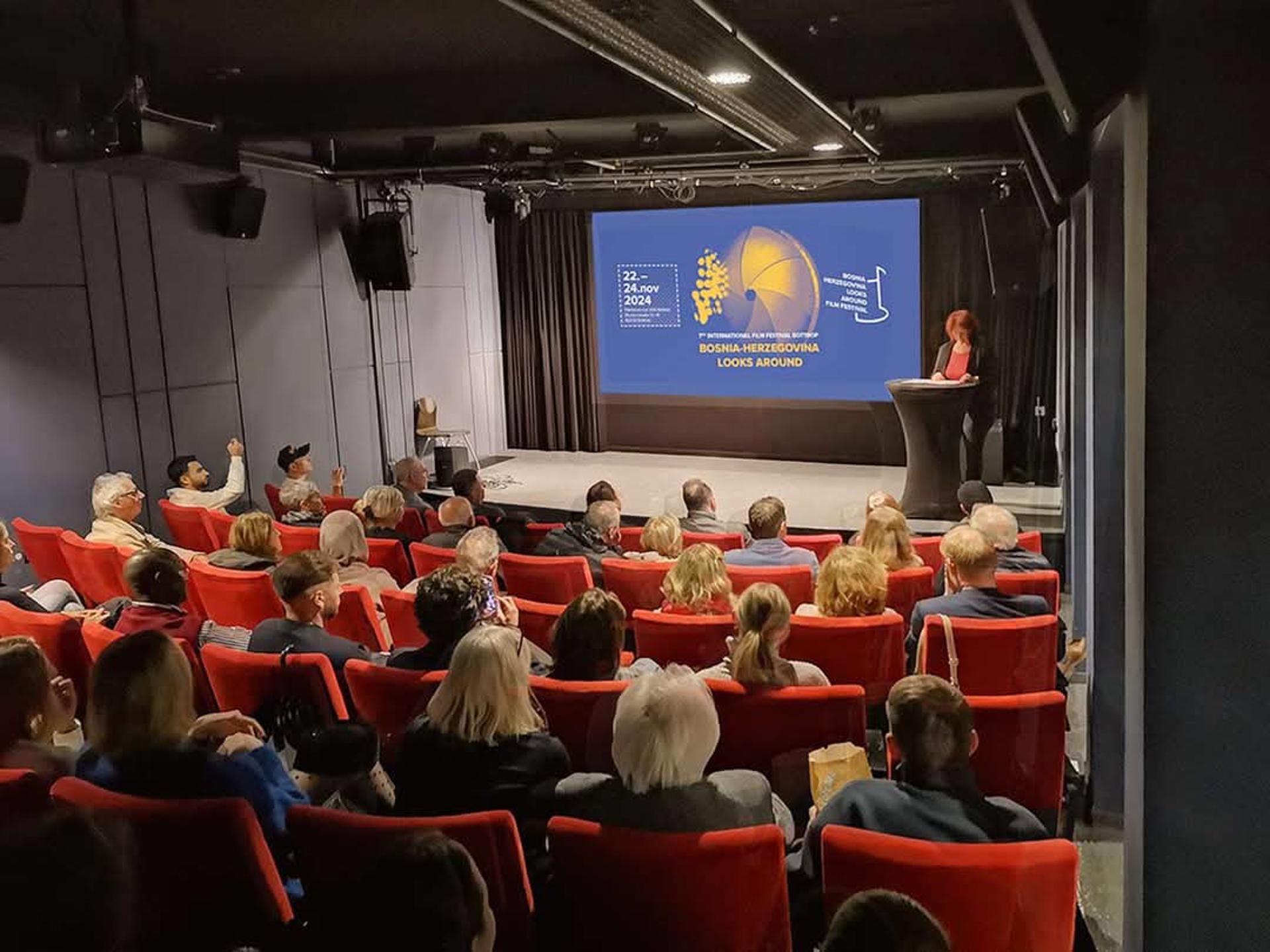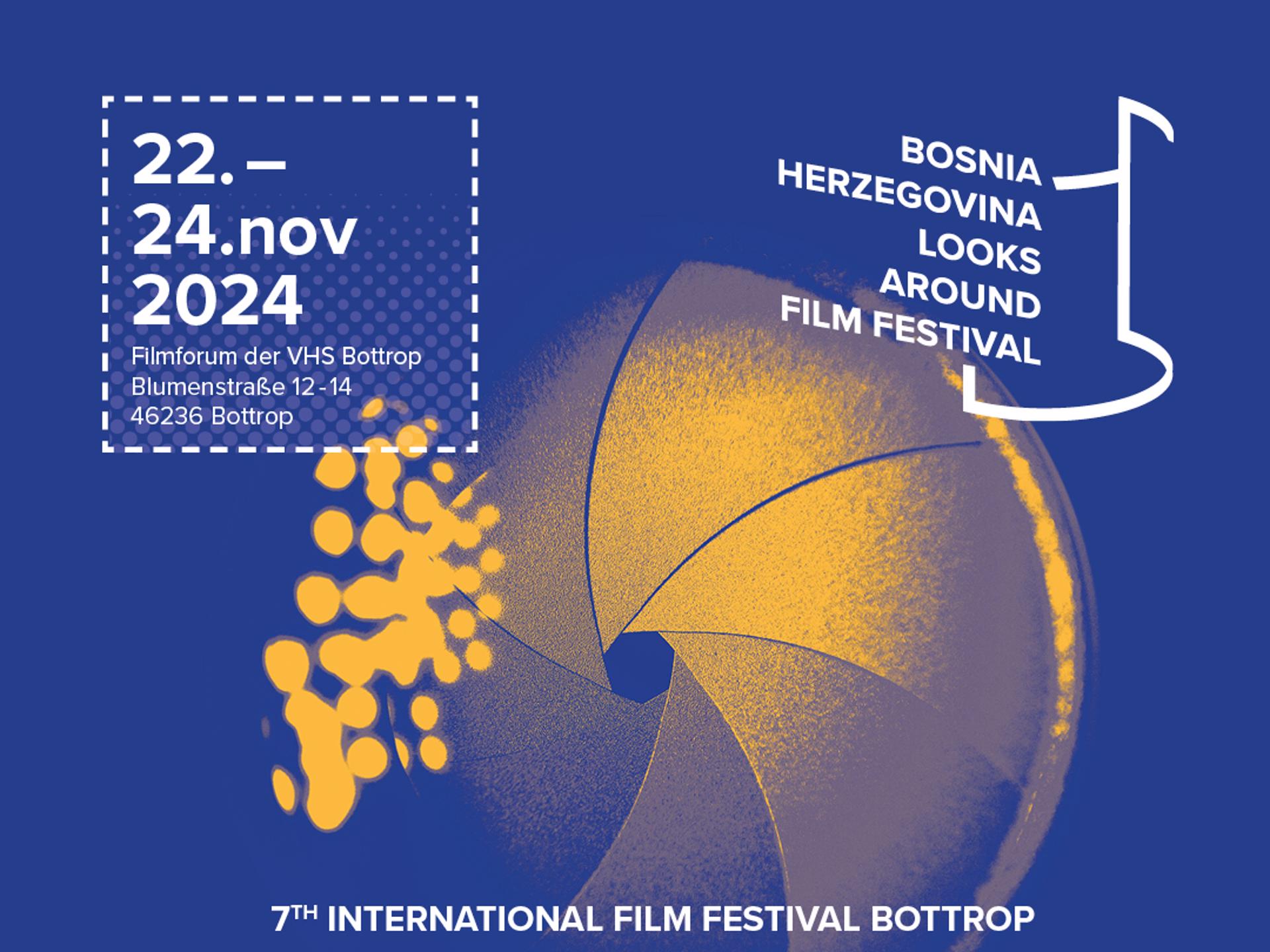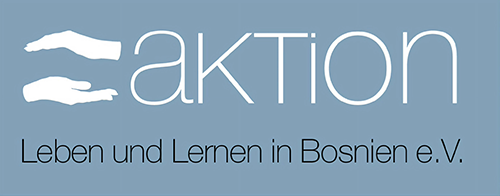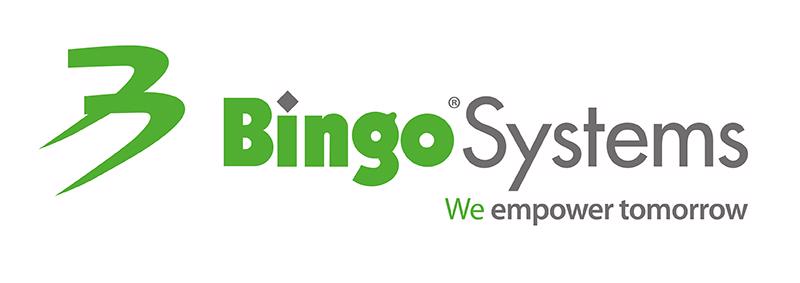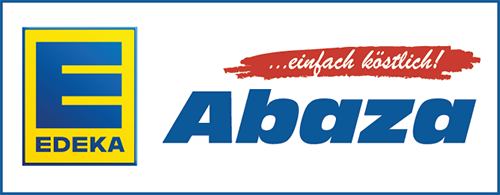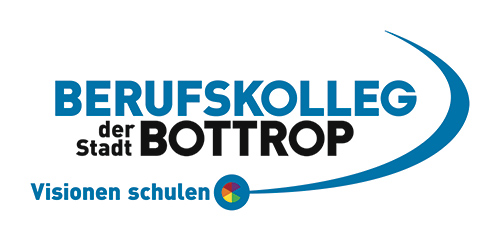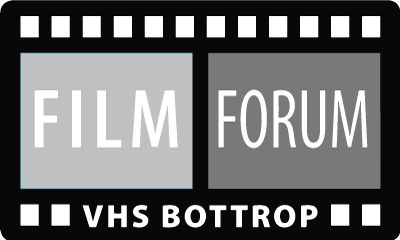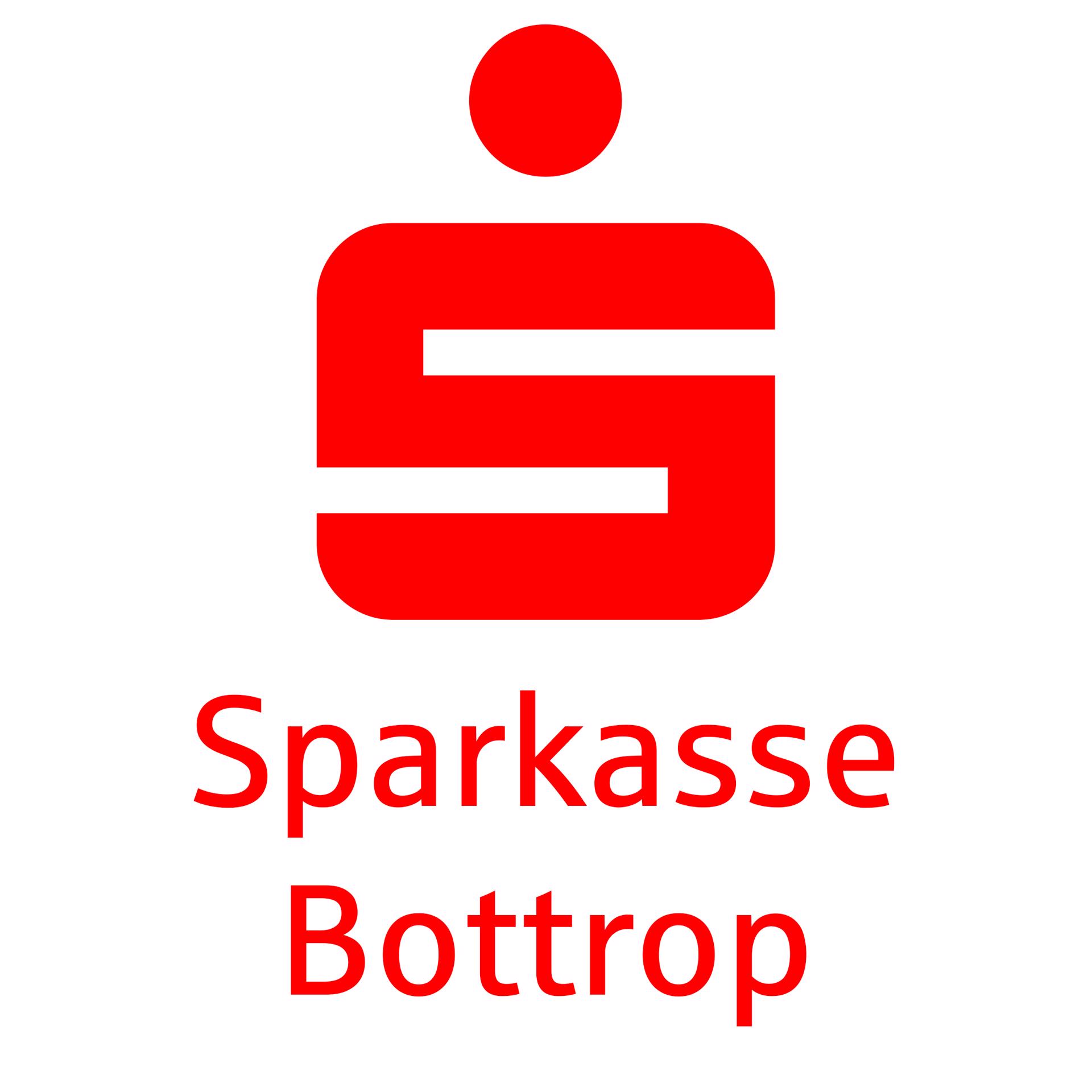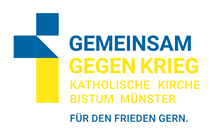Mersiha Husagić, director of the festival opening film CHERRY JUICE. Artist, actress, juror of BIHLAFF 2024.
Mersiha Husagic was born in 1989 in former Yugoslavia. In September 1992, she left her hometown Bijeljina with her mother due to the Bosnian War and reunited with her father in Hamburg, where he had previously fled due to political persecution. Initially, they lived as refugees in an asylum seekers' home, later staying with a German family. After several deportations, the family remained in Germany, while their hometown was captured in the war and now belongs to the Republic of Serbia. From a young age, Mersiha loved films and acted in German film and television productions while still in school. After graduating from high school, she attended drama school in Hamburg and has been working as an actress in film and television since then. In 2015, she enrolled at the University of Fine Arts in Hamburg. At the university, she directed several short films and a documentary before starting the shoot for her feature film debut, Cherry Juice, in 2019, which she completed in July 2023.
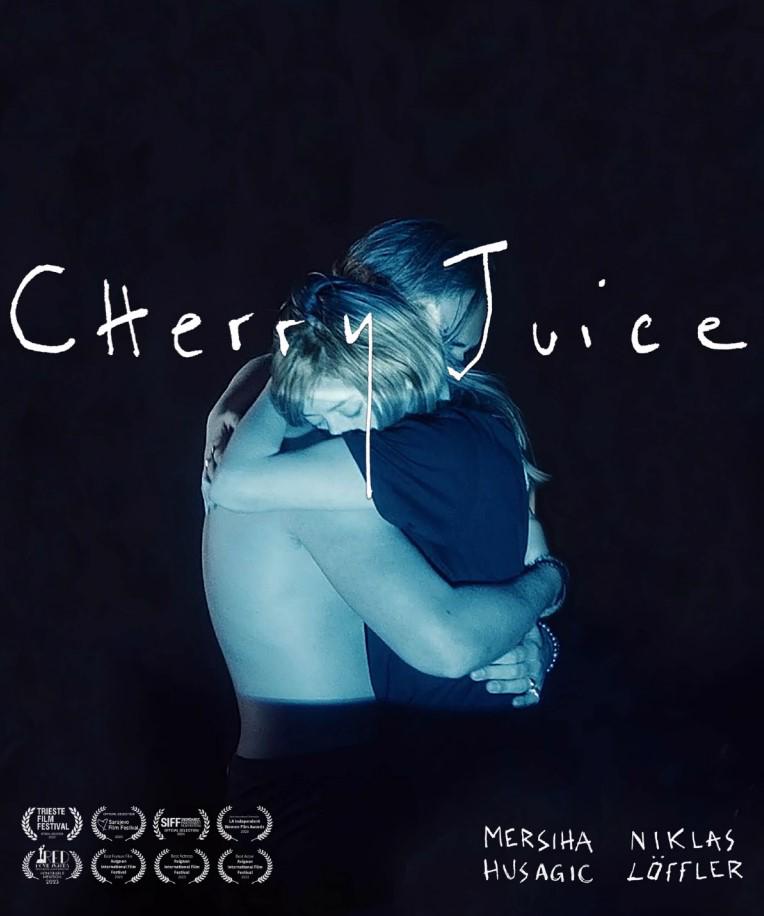
- You currently live and work in Paris. Are you working on a project at the moment?
Yes, I am writing the screenplay for another feature film; in French, it’s called Lac noir noir and in English, Black Black Lake. It’s about two artists: Laurence from Paris, who works with sculpture and carries childhood trauma, and Mira from Bosnia, who focuses on sound installation and struggles with traumas from the Bosnian War. They meet during a crisis and search for solutions for their artistic projects, leading them on an odyssey through France, Italy, and Bosnia.
- As a filmmaker in France or Germany with roots in the Balkans, how do you reconcile that? Is it more of an advantage or a hindrance?
I’ve mixed up all the languages, and I don’t think I speak any of them correctly. For instance, this is my second film; I started writing it in English because it’s an international project. Then we translated it into French for CNC (Budget Foundation), and I also translated it into German to apply for funding, and now I’m discussing it in Bosnian. There are many different versions in various languages, and sometimes it feels a bit far-fetched. On the other hand, I enjoy the opportunity to experience different cultures. Since I’ve been living in France, I’ve come to understand its culture—not completely, but increasingly. I like merging different cultures instead of setting boundaries. Such an approach offers opportunities for better understanding.
- What do you expect from the festival in Bottrop?
I look forward to a cinematic and cultural exchange.
And we look forward to you and the film festival!
S.C.




